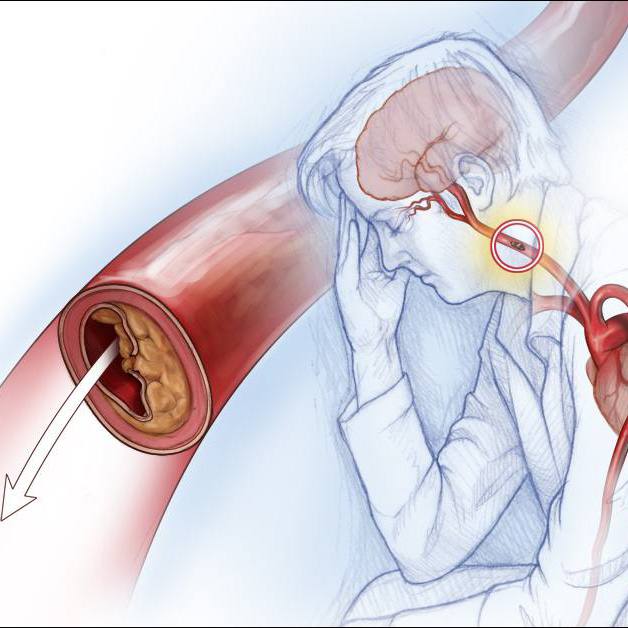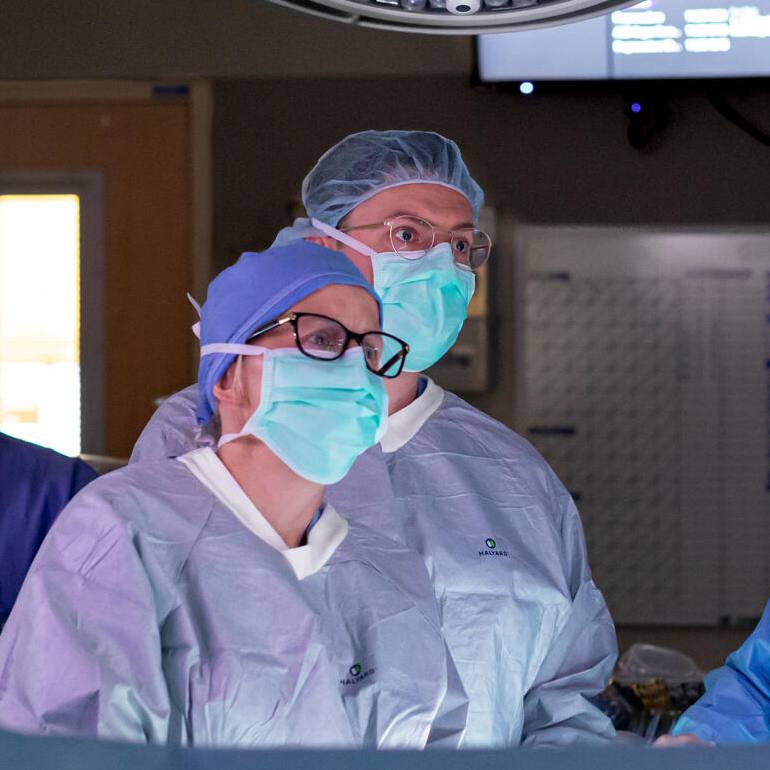-
Mayo Clinic Minute: Common myths about epilepsy and kids
Epilepsy is one of the more common neurologic disorders in children. About 1 in 26 people have epilepsy, and 1 in 10 people will have at least one seizure in their lifetime.
Dr. Anthony Fine, a pediatric neurologist and epileptologist at Mayo Clinic, says even though it's fairly common in children, there are a few misconceptions when it comes to epilepsy and kids.
Journalists: Broadcast-quality video pkg (1:10) is in the downloads at the end of the post. Please courtesy: "Mayo Clinic News Network." Read the script.
Epilepsy can be a challenge to diagnose in children because not all seizures are the same.
"It's really a common misconception that all seizures are convulsive seizures," says Dr. Fine.
There are other types of seizures, such as absent seizures, where a child may blank out for a few seconds or minutes, and then go back to activity.
"I've had some kids where I've seen where, you know, people think they're acting goofy. And this kind of continues, and, eventually, it gets picked up that something is actually going on. And there are other seizures that look like night terrors almost," says Dr. Fine.
He says, for many children, there are treatments to control seizures.
"It's not a one-size-fits-all kind of deal with epilepsy. You really need to tailor it to the patient and their response. But, for the most part, antiseizure medications can be very helpful. And some children can control their seizures completely."
Dr. Fine says a common misconception is that ADHD medications can cause seizures, and children who have epilepsy and ADHD should avoid them.
"It turns out that that's not true. It's really there's just a strong relationship between epilepsy and ADHD. And, so, if you have one, you're more likely to have the other."
Related posts:
- Mayo Clinic Minute: Why kids with epilepsy need a seizure action plan
- Mayo Clinic Q and A: Advances in care for medication-resistant epilepsy
Related Articles







